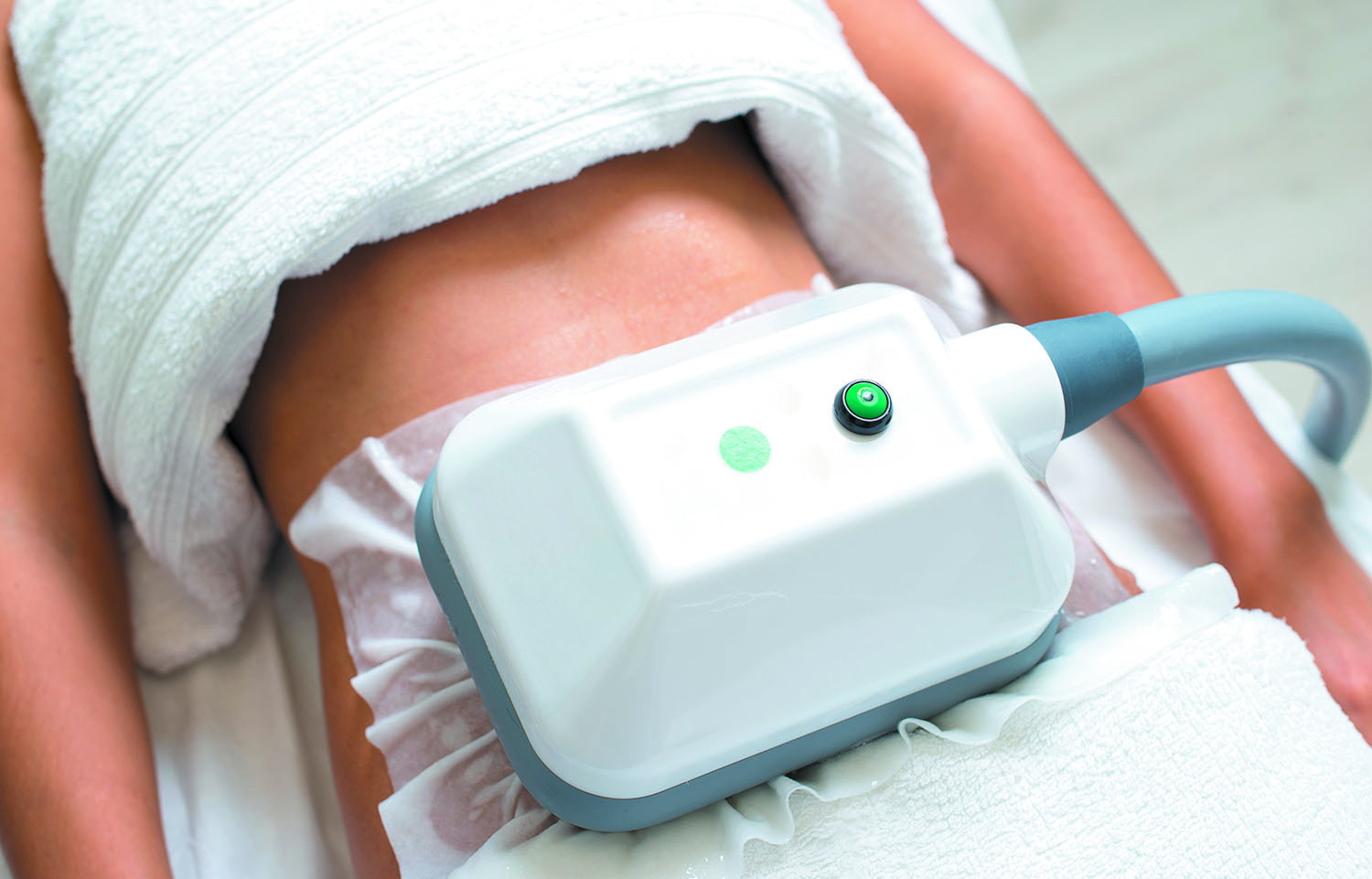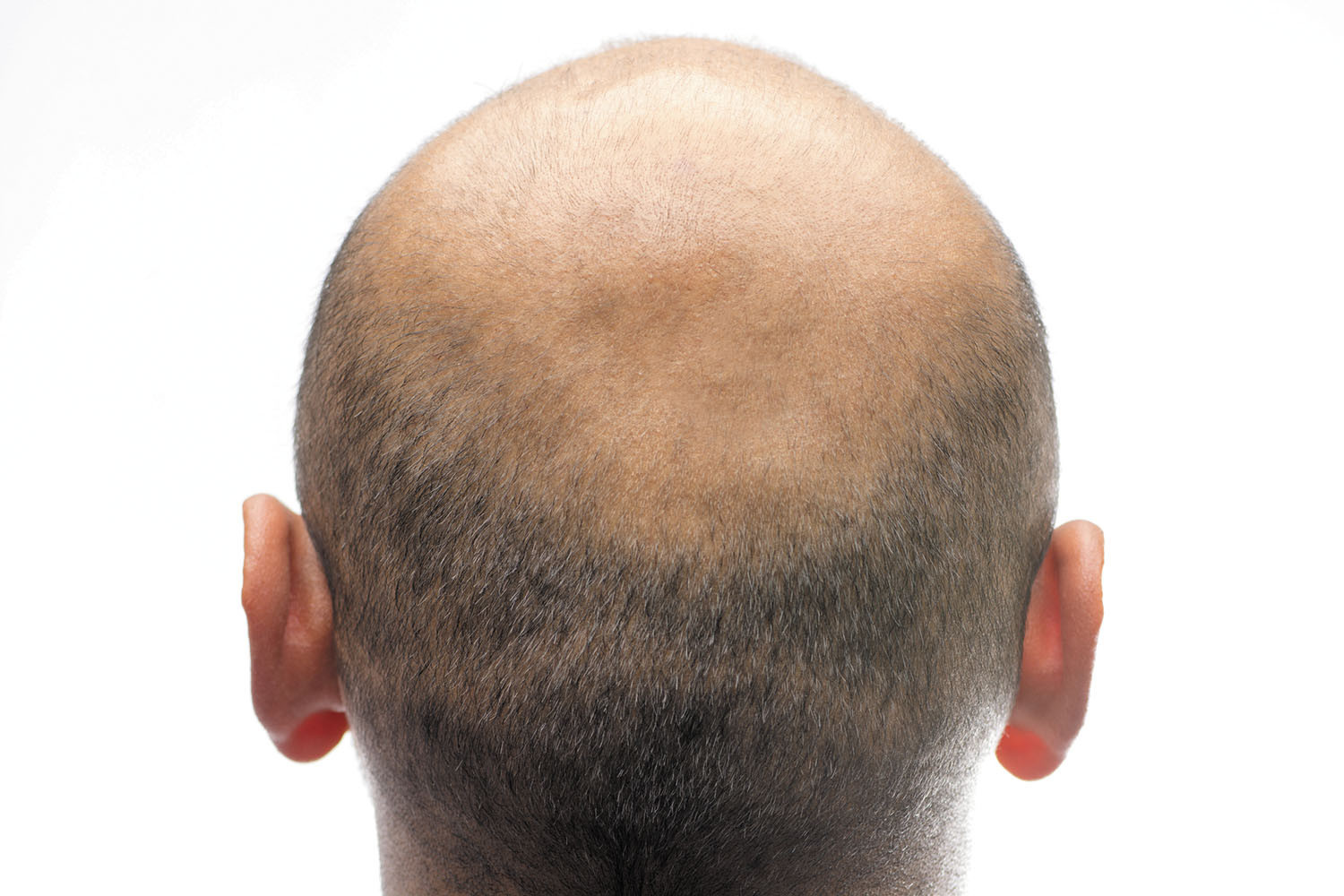
Can white noise really help you sleep better?

Celiac disease: Exploring four myths

What is prostatitis and how is it treated?

What is Cushing syndrome?

Exercises to relieve joint pain

Think your child has ADHD? What your pediatrician can do

Foam roller: Could you benefit from this massage tool?

Stepping up activity if winter slowed you down

Common causes of cloudy urine

Dragon fruit: How to enjoy this antioxidant-rich fruit
Skin and Hair Archive
Articles
Harvard Health Ad Watch: An upbeat ad for a psoriasis treatment
Psoriasis is a chronic skin disease characterized by rough, inflamed patches. There are a number of treatment options available, including a medication called Skyrizi that is given as an injection. Does an upbeat, frequently-run ad on TV clearly deliver all the information people need to know about this drug –– or just some of it?
Why is topical vitamin C important for skin health?
Vitamin C is an antioxidant, meaning it fights harmful toxins that come in contact with your skin either externally or from inside the body. Products containing vitamin C that are applied to the skin may help slow early skin aging, prevent sun damage, and improve the appearance of wrinkles, spots, and acne.
Taming the chronic inflammation of psoriasis
You don't say? Pointing a finger(nail) at your health
Sunscreen makers withdraw products found to contain cancer-causing substance
Inspect your nails for melanoma
You don't say? Hair today, gone tomorrow
Can a daily scoop of collagen powder really improve your skin?

Can white noise really help you sleep better?

Celiac disease: Exploring four myths

What is prostatitis and how is it treated?

What is Cushing syndrome?

Exercises to relieve joint pain

Think your child has ADHD? What your pediatrician can do

Foam roller: Could you benefit from this massage tool?

Stepping up activity if winter slowed you down

Common causes of cloudy urine

Dragon fruit: How to enjoy this antioxidant-rich fruit
Free Healthbeat Signup
Get the latest in health news delivered to your inbox!
Sign Up











